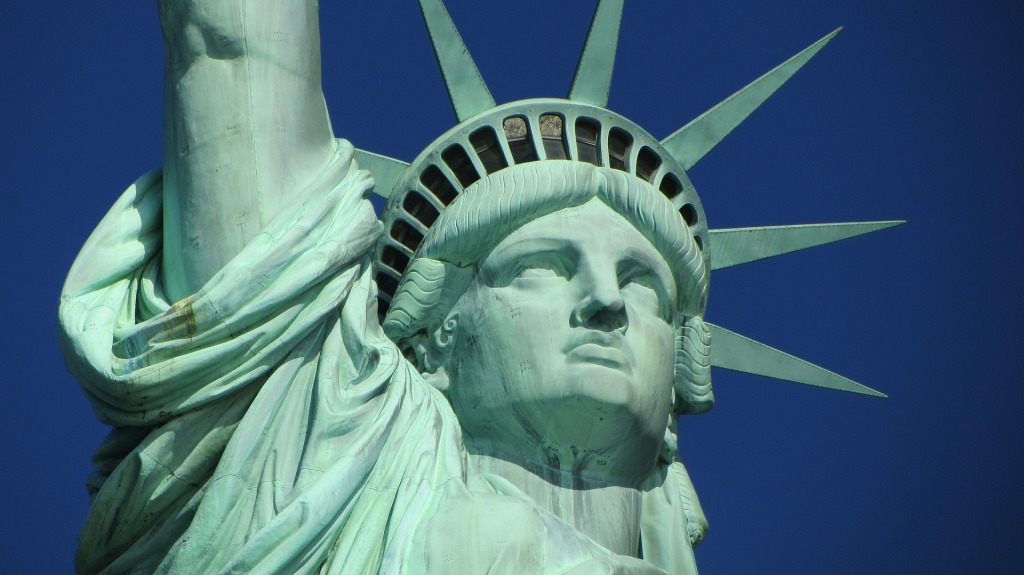Parallels to Capitalist Systems
Critiques flinging mud at a humanity-centered societal model often cry wolf about the spooky specters of paternalism or authoritarianism. They claim focusing on collective welfare might strangle individual rights under the iron fist of a controlling government. But isn’t it deliciously ironic that these doomsday warnings are already playing out under our noses within the capitalist systems these critics so fiercely defend? This offers a scrumptious parallel that flips the script on the uniqueness of these critiques.
The hand-wringing that a humanity-centered model could trample individual rights is straight out of the capitalist playbook. Consider this: in our beloved capitalist realms, corporations and private juggernauts sway public policy and personal lives with the finesse of puppeteers. Their influence often champions profit with a zeal that overshadows individual well-being, orchestrating scenarios where people feel their rights are just sacrificial lambs at the corporate profit banquet. Take, for instance, the invasive data mining for marketing or pushing corporate gains at the expense of the environment, each a delightful slap to the face of individual quality of life.
And oh, the irony—it thickens! The fear that focusing on the collective good might morph into authoritarian nightmares is a live broadcast in capitalist systems. Here, economic power is crammed into the hands of a few moguls and corporations. This oligarchy breeds economic authoritarianism, where the elite makes decisions impacting the masses sans any semblance of public input or consent. This situation eerily mirrors the totalitarian shadows that critics fear might creep over a more communal governance model.
In the grand capitalist theater, government regulations often dance to the tune of market liberties rather than individual welfare. These regulations allow corporate behemoths to roam free, enforcing monopolistic practices, stripping away consumer protections, and offering minimal rights to workers. These governmental maneuvers, choreographed by capitalist interests, dictate personal life choices as restrictively as any authoritarian regime feared under a humanity-focused model. They limit employment opportunities, reduce consumer choices, and constrict financial freedoms—effectively herding us into pre-approved capitalist pens.
So, when the chorus of critics howls at the moon about the dangers of a society oriented towards human welfare, perhaps they should pause and notice that in the capitalist funhouse, the horrors they fear are not only present but are amplified by the very system they champion. In this twisted carnival, the dystopia isn’t a looming threat—it’s the main attraction. The critics who cry foul over a humanity-centered approach are unknowingly holding up a mirror to the flaws already rampant within their beloved capitalist system.
Societal Discord and Resistance
Much like how a shift toward a humanity-centered model might stir up a hornet’s nest, capitalist systems are hardly bastions of peace and contentment. Rampant economic inequalities, a glaring lack of access to essential services, and deep-seated injustices within the capitalist framework frequently ignite protests and movements clamoring for deep systemic reform. This resistance underscores that societal discord isn’t the exclusive hallmark of any economic or societal model but rather a common thread in any system where significant swathes of the population feel sidelined, their needs and rights trampled underfoot.
The stark similarities between the alleged dangers of a humanity-centered approach and the stark realities of capitalist regimes suggest that no societal framework is bulletproof against issues concerning individual rights, governance, and societal cohesion. Recognizing these parallels is critical to understanding that the worries over potential paternalism or authoritarian overreach are not peculiar to humanity-centered models but are pervasive concerns across all societal systems. This insight paves the way for a more layered debate about how we might best engineer our societal structures to harmonize individual and collective aspirations.
Launching a humanity-centered model across the wildly varied American expanse? It’s akin to herding cats, blindfolded, through a maze. Let’s face it—I haven’t the slightest clue how to pull this off solo, and neither does anyone else. America is a patchwork quilt of ethnicities, cultures, economic backgrounds, and political soapboxes, each thread colored with its values and priorities. Trying to draft policies that satisfy this entire eclectic crowd? It’s like cooking a single dish that every diner in a packed restaurant will rave about.
So here we are, aiming to shift from wealth hoarding to prioritizing people—the audacity! Balancing the myriad interests of America’s diverse groups to ensure fairness is like walking a tightrope above Niagara Falls. We’re tasked with constructing frameworks that don’t play favorites or toss minority voices into the abyss. And really, the audacity of trying to stitch together a coherent strategy from America’s rich tapestry of opinions and needs might be our most entertaining act of folly yet.
The potential for accidentally steamrolling over less-represented groups is monumental. Our good intentions might uplift the masses but could just as easily trample the smaller, quieter communities underfoot. We must ensure these voices don’t merely echo in the chambers of decision-making but are front and center, holding the mic.
Given that American society never sits still, any approach that champions humanity must be as adaptable as water—shifting, flowing, and redefining itself with every new challenge. This means engaging in never-ending conversations with all stakeholders—governments, community leaders, the people on the street—to continuously refine and reshape our policies. Think of it as democracy in action, or perhaps more accurately, on steroids.
Successfully embedding a humanity-first agenda in such a diverse theater as the U.S. requires a hefty dose of humility, acknowledging that we don’t have all the answers. It demands an unwavering commitment to inclusivity and equity, ensuring every individual’s welfare is lifted without accidentally knocking someone else down. We’re all in this chaotic, democratic mess together, figuring it out as we go, hopefully prioritizing people over profit—because if we’re going to turn societal norms on their heads, we might as well do it with a bit of style and a lot of open, honest cluelessness.


Leave a comment